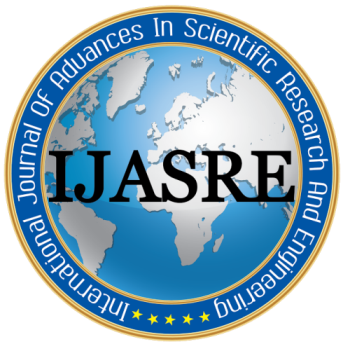The Development of Science Teaching Materials Based on STEM to Increase Science Literacy Ability of Elementary School Students
DOI:
https://doi.org/10.31695/IJASRE.2018.32808Keywords:
Ability, Teaching Materials, STEM, Science Literacy Skills.Abstract
The purpose of this research is to develop science-based teaching materials STEM (Science, Technology, Engineering, and Mathematics) to improve science literacy skills of elementary school students. This study uses the Research and Development (Research and Development), Procedures studies using models dick and carey which has ten stages, namely:(1)Identifying Learning Objectives; (2)Conducting Instructional Analysis; (3)Analyzing Student Characteristics and Learning Contexts (4)Formulating Special Learning Objectives; (5)Developing Assessment Instruments; (6) Develop learning strategies; (7) Developing and Selecting Teaching Materials; (8)Carry out formative evaluations; (9) Making a revision of learning; (10)Design and carry out summative evaluation. Data analysis used qualitative descriptive and quantitative descriptive analysis. Design of teaching materials reviewed from the results of expert judgment’s. The practicality of teaching materials is viewed from the assessment of the implementation and response of users. The effectiveness of teaching material is seen from the mean of posttest value is greater than the mean of pretest value. The results of this research is (1) STEM-based teaching materials to improve the ability of scientific literacy valid and feasible to use; (2) STEM-based teaching materials are practically used in learning: (3) STEM-based teaching materials are quite effective in improving students' science literacy skills.
Downloads
How to Cite
Issue
Section
License
Copyright (c) 2018 Nurlela Sari, Mohamad Syarif Sumantri, Ishak G Bachtiar

This work is licensed under a Creative Commons Attribution-NonCommercial 4.0 International License.







